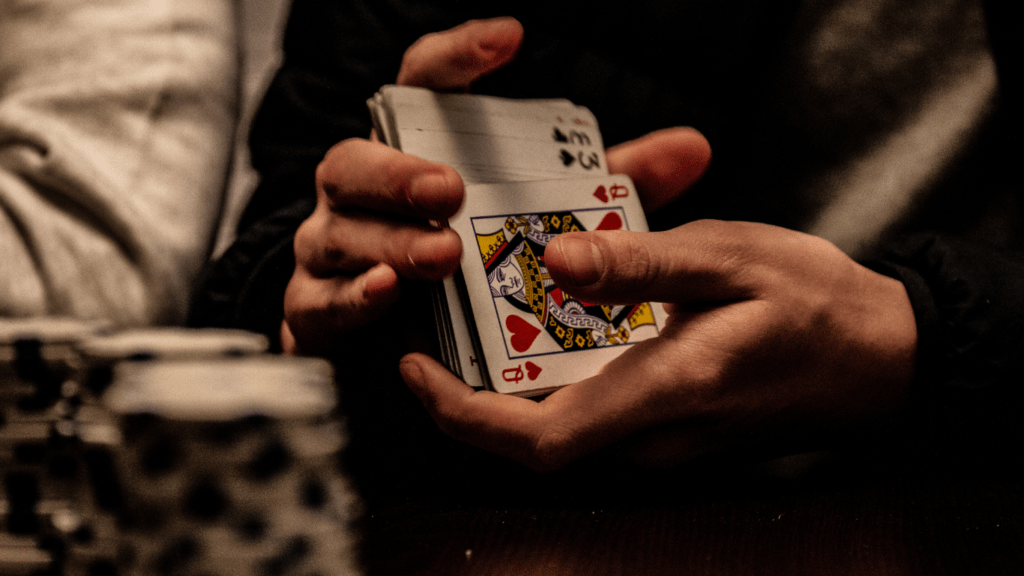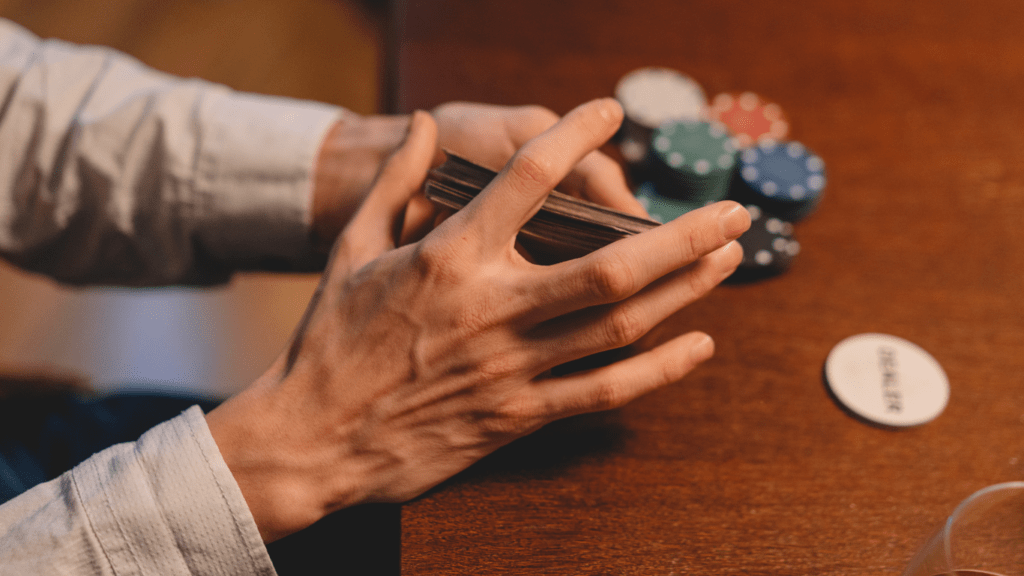Exploring the world of gambling unveils a complex interplay between personal decisions and external influences. When it comes to gambling choices, social factors wield a significant impact on individuals’ behaviors and preferences. From peer pressure to societal norms, these external forces can subtly shape the decisions we make in the realm of gambling.
As I delve into the intricate web of social factors that influence gambling choices, it becomes evident that our environment plays a crucial role in shaping our attitudes towards risk-taking and reward-seeking behaviors. Understanding how social dynamics come into play in the gambling landscape is key to unraveling the motivations behind our choices and behaviors in this realm.
In this article, I’ll navigate through the various social factors that can sway gambling decisions, shedding light on the intricate relationship between our social surroundings and the choices we make in the captivating world of gambling.
- Understanding Social Factors in Gambling Choices
Discussing social factors in gambling choices, I delve into the external influences that shape individuals’ behaviors and preferences in the gambling realm. Peer pressure and societal norms play pivotal roles in guiding decisions related to risk-taking and reward-seeking behaviors when engaging in gambling activities. By understanding the impact of the environment on attitudes toward gambling, we uncover the motives behind individuals’ choices in the intricate landscape of gambling. Social dynamics are fundamental in deciphering the complexities of decision-making processes within the gambling world. - Impact of Family Environment on Gambling Decisions
Growing up, our family environment significantly shapes our outlook on various aspects of life, including how we perceive gambling activities. The influence of family members can play a pivotal role in determining our gambling habits.
Influence of Family Members on Gambling Habits
Family members, particularly parents or siblings, serve as early models for behavior and decision-making. Observing a family member engaging in gambling activities may normalize such behavior for an individual. For example, if a parent frequently participates in gambling, their child may view it as a socially acceptable form of entertainment or a way to seek thrill and excitement.
Moreover, the attitudes and beliefs regarding gambling within a family can influence an individual’s perception of risk and reward associated with such activities. Families that view gambling positively may instill a similar outlook in their members, promoting a higher tolerance for risk-taking behavior related to gambling.
In contrast, a family environment that discourages or condemns gambling may deter an individual from engaging in such activities. Messages emphasizing the negative consequences of gambling, such as financial loss or addictive behaviors, can shape an individual’s attitudes towards gambling, leading to more cautious decision-making in this regard.
Overall, the family environment serves as a crucial socializing agent that contributes to the development of gambling habits and attitudes towards risk-taking behaviors. Understanding the impact of family dynamics on gambling decisions can provide valuable insights into the underlying motivations driving individual choices in the realm of gambling.
Role of Peer Pressure in Shaping Gambling Behavior
Exploring the role of peer pressure in shaping gambling behavior reveals how influential social circles can be in individuals’ decision-making processes. Peer pressure can significantly impact one’s attitude towards gambling by normalizing or encouraging participation in such activities. This influence stems from the desire to conform to group behavior and seek acceptance or approval from peers.
In social settings where gambling is prevalent and accepted, individuals may feel compelled to engage in such activities to fit in with their peer group. The fear of missing out or being excluded can drive individuals to participate in gambling, even if they may not have initially considered it. Peers who endorse or engage in gambling behaviors can exert direct or indirect pressure on others to follow suit.
Moreover, the allure of social rewards, such as acceptance, recognition, or camaraderie, can further enhance the influence of peer pressure on gambling choices. The desire to maintain social relationships or enhance one’s social status can drive individuals to align their gambling behaviors with those of their peers. In some cases, individuals may view gambling as a means to bond with their social circle or as a shared activity that strengthens social connections.
Overall, the impact of peer pressure on gambling behavior underscores the importance of social dynamics in shaping individuals’ decisions within social contexts. Understanding how peer influence operates in the realm of gambling can shed light on the motivations behind certain gambling choices and behaviors. Awareness of the role of peer pressure can help individuals navigate social influences more effectively and make informed decisions that align with their personal values and goals.
Societal Norms and Their Effect on Gambling Choices
Exploring the impact of societal norms on gambling choices reveals the significant role of cultural expectations in shaping behaviors. Societal norms encompass the unwritten rules and accepted behaviors within a community that influence individual decisions. These norms can dictate what is deemed acceptable or taboo in terms of gambling practices and attitudes towards risk-taking.
In many societies, gambling is intertwined with social norms, often depicted as a form of entertainment or social activity. Cultural attitudes towards gambling can range from acceptance and encouragement to strong disapproval, depending on the community’s values and beliefs. For instance, in some cultures, gambling may be seen as a harmless pastime, while in others, it could be stigmatized as a vice or immoral behavior.
The influence of societal norms on gambling choices can be observed in the way individuals conform to community expectations. People may engage in gambling activities to align themselves with prevailing attitudes and behaviors within their social circles. The desire to belong and conform to societal norms can drive individuals to participate in gambling, even if they have personal reservations about its consequences.
Understanding the impact of societal norms on gambling choices is crucial for deciphering the underlying motivations behind individual decision-making in this domain. By recognizing how cultural expectations shape attitudes towards gambling, we gain insight into the complex interplay between social factors and personal choices in the gambling landscape.




